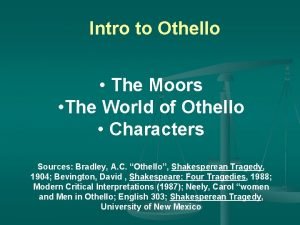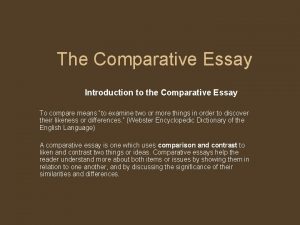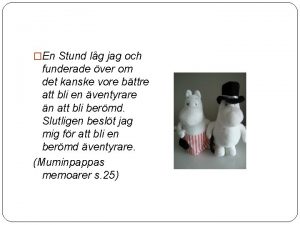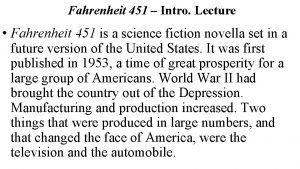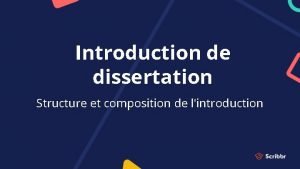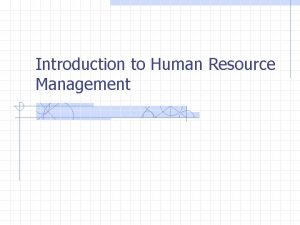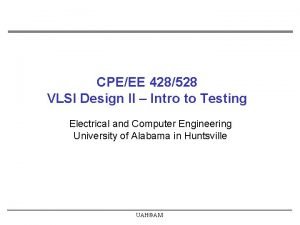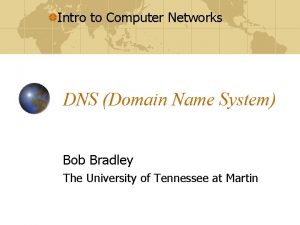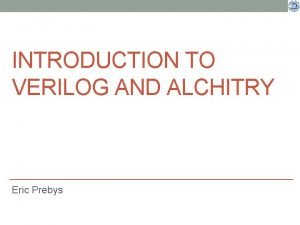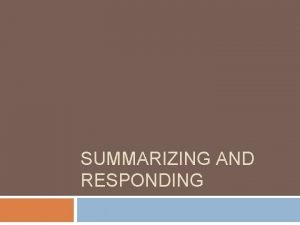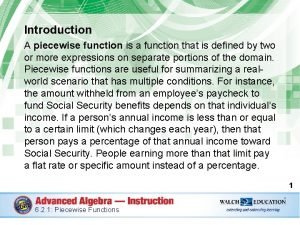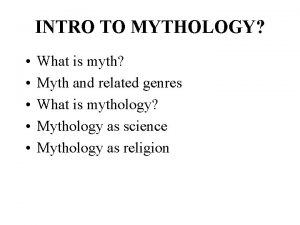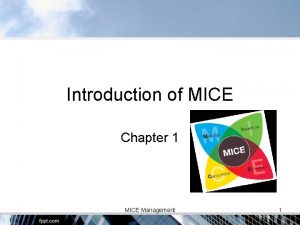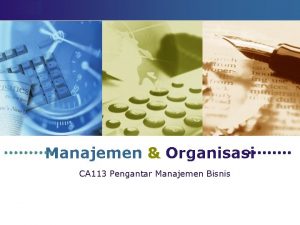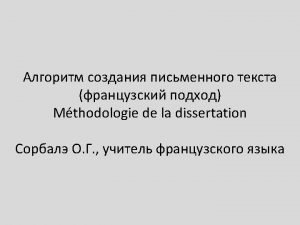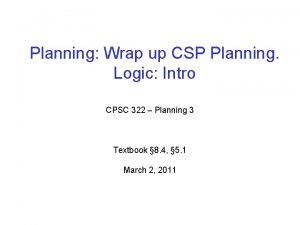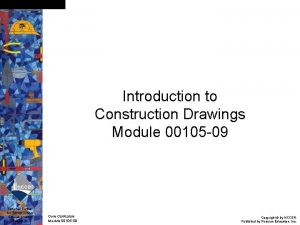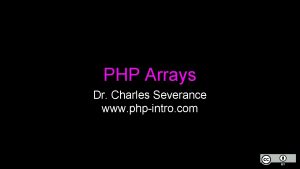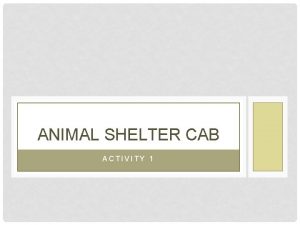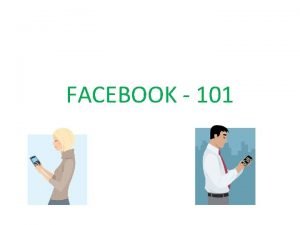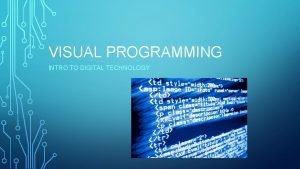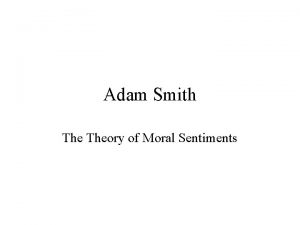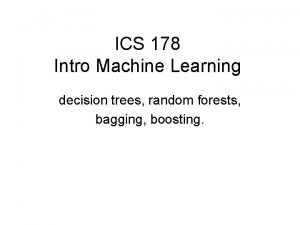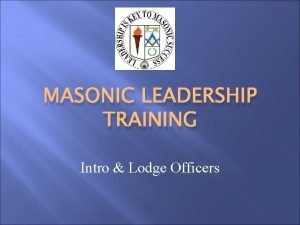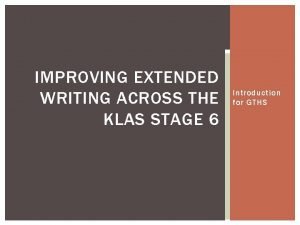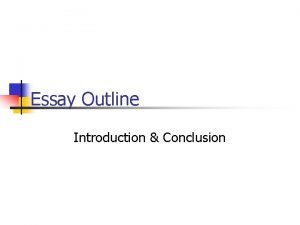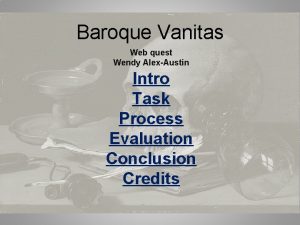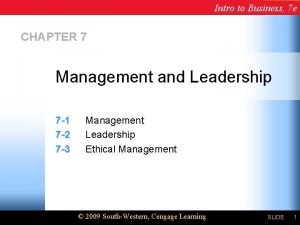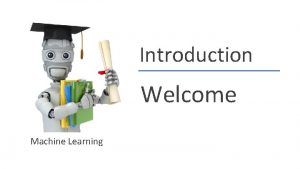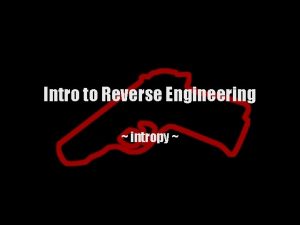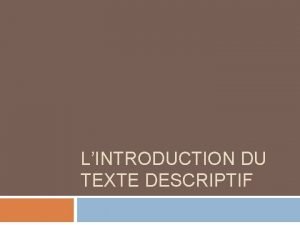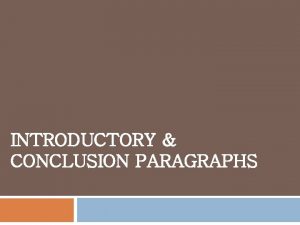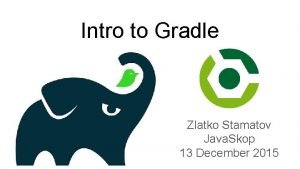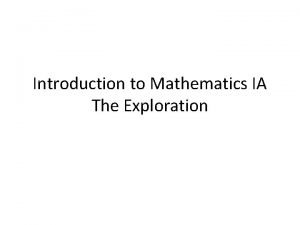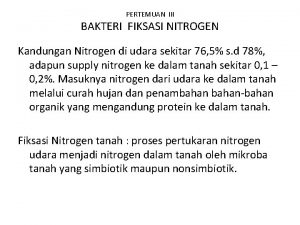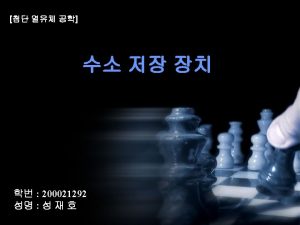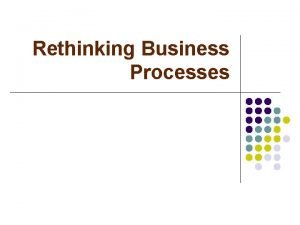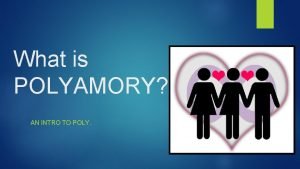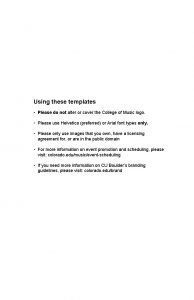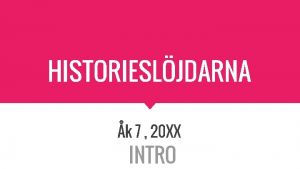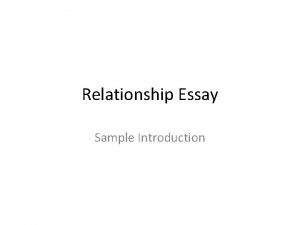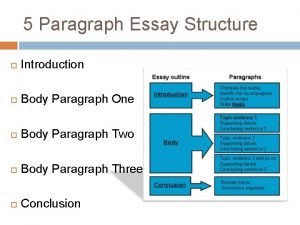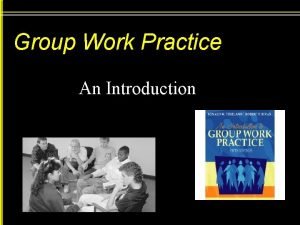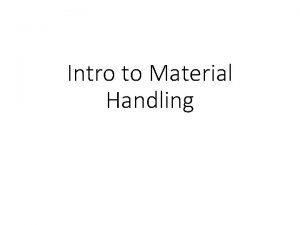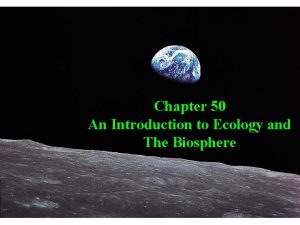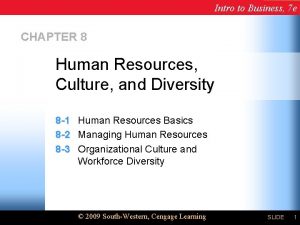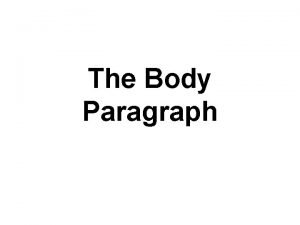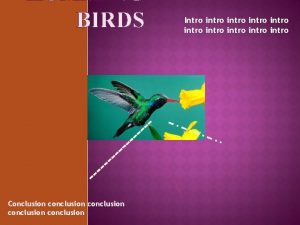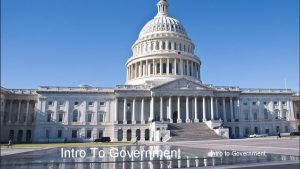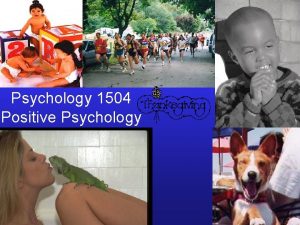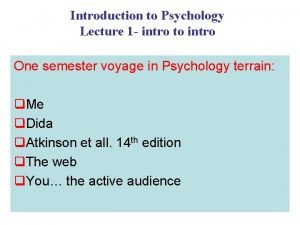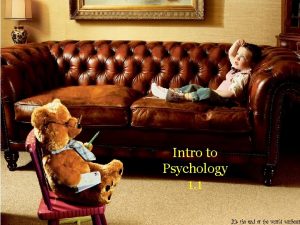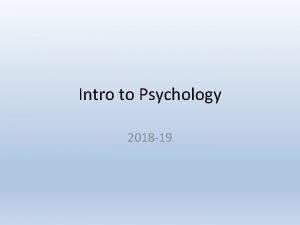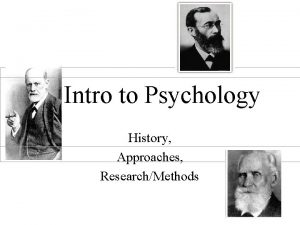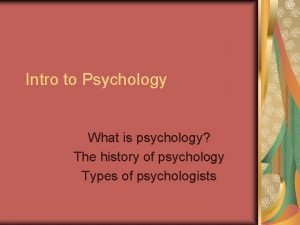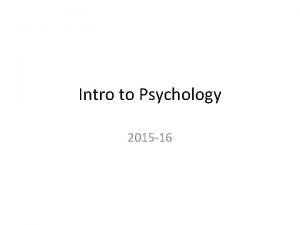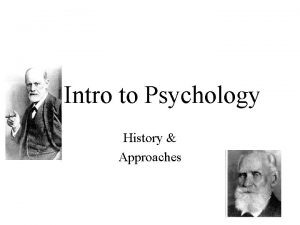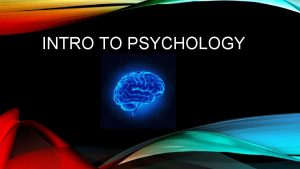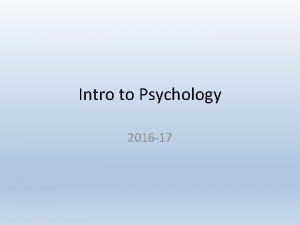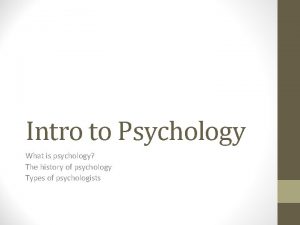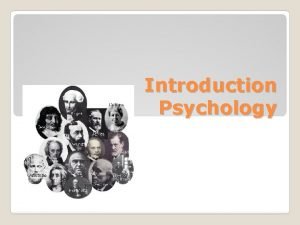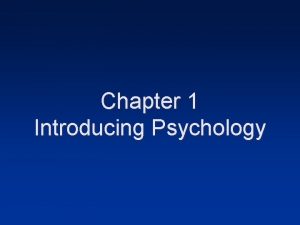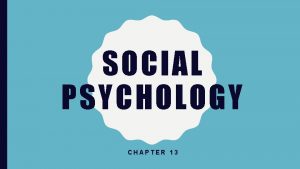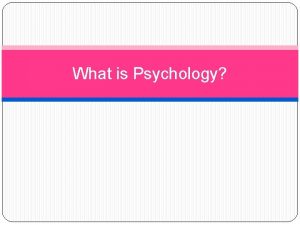AP Psychology Intro To Psychology What is psychology































































- Slides: 63

AP Psychology Intro To Psychology

What is psychology all about? Ø Ø Ø Ø Ø Memory Stress Therapy Love Persuasion Hypnosis Perception Death Conformity Creativity Ø Ø Ø Ø Ø Learning Personality Aging Intelligence Sexuality Emotion happiness …mental illness Sensation Biological elements Treatment of disorders

Ø Link to good info

Psychology Ø Psych is a science and a professionl l Uses Scientific collection/observation of data In order to answer questions about behavior. Ø “Scientific Study of behavior and mental processes. ” Ø To answer questions about the mind and behavior. Ø Psychologists try to solve problems.

Psychologists l Describe (observe) l Understand • (Causes) l Predict • (Forecast) l Control Behavior

Behavior Ø Is anything you do, eating, sleeping, talking (Psychology endeavors to explain behavior, causes, motivations) Ø Overt behaviorl Observable actions & responses Ø Covert behaviorl Private internal activities (thinking remembering)


Chapter 1 History and Approaches Ø Ø Ø Ø Module 1 “Psychology’s History” Module 2 “Psychology’s Big Issues and Approaches” Pages 9 -19 Module 3 “Careers in Psychology” Pages 20 -28 Module 5 The Scientific Method and Description Pages. 38 -45 Module 6 Correlation and Experimentation Pages 46 -55 Module 7 Statistical Reasoning in Everyday Life Pages 56 -63 Module 8 Frequently Asked Questions About Psychology Pages 64 -69

Approaches to Psychology (AP Outline) Ø Biological Ø Behavioral Ø Cognitive Ø Humanistic Ø Psychodynamic Ø Socio-cultural Ø Evolutionary

History of Psych: Family Album Ø 1879 - Wilhelm Wundt- “Father of Psychology” Ø Identified Introspection (looking inward) as a way to understand sensation, feelings, images, personal experiences Ø Used experimental selfobservation- made psychology a science Web site

History of Psych: Family Album 1880’s Edward Titchener Followed up Wundt’s ideas and found Structuralism- “of the mind” Ø A structure of mental life, “building blocks” Ø Identified parts of the mind. Ø Will later be discredited Ø Used introspection Ø Asked participants to relate experiences with sensations Ø Used science- stimulated the subjects- and asked questions Ø Ø

History of Psych: Family Album Ø 1890 - William James- founded Functionalism- “of the mind” Ø Questioned, how the mind helped us survive, adapt- habits, perceptions, emotions, related to survival? Ø Adapt, consciousness

Gestalt Psychology= Max Wertheimer Said it was a “mistake to analyze psychological events into pieces. ” Ø “the whole pattern or form” – German Ø Approach to psychology where the whole of psychology is used to understand behavior. Ø Ø Uses thinking, learning, problem solving, social behavior, and perception to understand behavior Ø “The whole is greater than the sum of its parts. ”

Psycho-Dynamic Psychology Psycho-Analysis Ø Freud Ø Ice Berg Metaphor Ø Conscious Ø Unconscious Ø Repression Ø Psycho Therapy Ø Personality- Ego, Id, Super-Ego Ø Freudian Slip Ø Psycho-Sexual Stages of Development Ø Anal, Phallic, Latent, Genital, Ø Oedipal Complex Ø

Neo-Freudians Ø Psychoanalytical- exploring the unconscious causes of behavior Ø Adler web site Ø Horney Ø Jung Ø Rank Ø Erikson

Humanistic Psychology Ø Tries to understand subjective human experience l Problems, ideals and potentials Carl Roger and Abraham Maslow Ø Stress free will= choice Ø l l Ø Not deterministic Environment does impact behavior but people can improve Attainment of needs are the basis of healthy psych

Humanistic Ø Each of us is motivated by needs. Ø Needs forlove, self esteem, belonging,

Behaviorism Ø The study of observable behavior Ø 1920’s- John B. Watson- Rejected introspection l l l Believed in observing behavior Stimuli: i. e. , environmental aspects Responses: muscles, glands Ø Believed in Pavlov’s experiments with dogs- concept of Classical Conditioning to explain behavior (1849

Who Said This? Give me a dozen healthy infants, well-formed, and my own specified world to bring them up in and I'll guarantee to take any one at random and train him to become any type of specialist I might select – doctor, lawyer, artist, merchant-chief and, yes, even beggar-man and thief, regardless of his talents, penchants, tendencies, abilities, vocations, and race of his ancestors. I am going beyond my facts and I admit it, but so have the advocates of the contrary and they have been doing it for many thousands of years. Ø Little Albert Ø

Behaviorism Ø B. F. Skinner- 1950’s Ø Ignored the role of thinking and mental processes Ø Found environmental factors Ø Reward = positive reinforcers Ø Related to learning Ø Found laws of behavior apply to animals and humans

“Skinner Box” Ø Used experiments to study behavior of rats Ø Operant Conditioning“A behavioral response has an environmental outcome” Ø Push a button ---- get some food.

Behavior Modification Ø Uses conditioning principles Ø Concept says, problems are the product of learned habits Ø Learned habits can be un-learned by behavioral methods. l Stimulus and response

Cognitive Psychology Mental Processes Ø Problem Solving Ø Thinking processes Ø Consciousness Ø Perception Ø Memory Ø Language Ø Attention Ø Judgement Ø Decision Making Ø Intelligence Ø

Cognitive Behaviorism Includes thinking + conditioning Example: Expectations pleasure

Nature/Nurture Ø “Nurture works on what nature endows” Ø Big question Ø What is the seat of behavior, Genetics or Environment?

Evolutionary Ø Ø Ø Darwinian theory “Changes in life forms that occur over many generations” Natural selection (in psych) l l Genes “Genes that result in characteristic and behaviors that are adaptive and useful in a certain environment will enable the creatures that inherited than to survive and reproduce…” • The behavior of animals and humans today is the resulted evolution through natural selection Ø Ø Examples: Cooperation is an adaptive survival strategy Aggression as a form of territory protection Gender differences in male selection – preferences reflect strategies that have been successful in previous generations

Eclectic Psychology Ø Psychodynamic Ø Behavioristic Ø Humanistic Ø Cognitive Ø Bio-psychological

Biopsychosocial Ø The combination of

Developmental Psychology Age Related behavior changes Ø Researches: Ø Bio/psycho/social Ø Cognitive changes over human lifespan Ø

Eric Erikson WEB Neo-Freudian Ø Theory of Psycho-Social Stages of Development Ø Erikson's stages of development, is a psychoanalytic theory which identifies eight stages through which a healthily developing human should pass from infancy to late adulthood. ” Ø

Cultural Issues in Psychology Ø Psychology is dependent on culture Ø Cultural Relativity: Behavior that is acceptable in one culture may be abnormal in another. Ø Social Norms- impact the view of l behavior. Rules that define acceptable behavior

Psychologists/Researchers Ø Use Scientific Method- Process for evaluating ideas using observation and analysis. l l l Observation Hypotheses Gather evidence Test hypotheses Publish Results Ø Look for cause and effect relationships in for behavior

Scientific Method Ø Making observations Ø Defining a problem Ø Proposing a hypothesis Ø Ø Is a testable prediction, based on a theory It is very specific about results that support and oppose a theory. Ø Gathering evidence/testing the hypothesis l Naturalistic Observation, Survey, Experiments Ø Publishing results


Research Methods in Psychology (AP Outline) Descriptive, Correlational and Experimental Methods Ø Operational Definition Ø Population/Sample Ø Random Sample Ø Representative Sample Ø Replication Ø Reliability Ø Case Study Ø Descriptive Methods Ø Correlational Methods Ø Illusory Correlation Ø Correlation Coefficient Ø Experiential Methods Ø Naturalistic Observation Ø Observer Effect Ø Surveys Ø Statistics Ø Ethics in Research Ø

Descriptive Methods Ø Describes behavior Ø Case studies Ø Surveys Ø Naturalistic observation Correlational Methods Ø Associate different factors or variables Ø Anything that contributes to a result Ø Experimental Methods • Manipulates variables to discover their effects

Case Studies Ø Single Subject – person Ø In-depth study of all aspects of a single subject (not an experiment) Ø Example of Phineas Gage- http: //www. damninteresting. com/ ? p=231

Ø Ø Ø When Dr. John Martyn Harlow arrived, Phineas was conscious and had a regular heartbeat, and both of his pupils reacted to light normally. He was reported to be "in full possession of his reason, and free from pain. " He was under the care of Dr. Harlow for ten weeks, at which point he was sent home to Lebanon, New Hampshire. But while he was recovering, the doctor noted some changes in the man's demeanor and personality. People who had known him before the accident described him as hard-working, responsible, and popular with his workers, but after the traumatic injury, Phineas Gage was not the same man. In regards to his patient, Dr. Harlow wrote: Gage was fitful, irreverent, indulging at times in the grossest profanity (which was not previously his custom), manifesting but little deference for his fellows, impatient of restraint or advice when it conflicts with his desires, at times pertinaciously obstinate, yet capricious and vacillating, devising many plans of future operations, which are no sooner arranged than they are abandoned in turn for others appearing more feasible. A child in his intellectual capacity and manifestations, he has the animal passions of a strong man. Previous to his injury, although untrained in the schools, he possessed a wellbalanced mind, and was looked upon by those who knew him as a shrewd, smart businessman, very energetic and persistent in executing all his plans of operation. In this regard his mind was radically changed, so decidedly that his friends and acquaintances said he was 'no longer Gage'.

Naturalistic Observation Ø Descriptive Method Ø Records behavior in natural environment Only describes behavior not causation Ø Examplechimpanzees in the Jungle Ø

Observer Effect Ø Observer Effect: Problem when subjects are aware of the observation, behavior may be influenced. Ø Example: People being observed for study habits when they know they are being observed will tend to do more (thus changing their behavior, which will skew the study)

Observation Bias Ø Problem when researchers consciously or inadvertently influence the collection of data or observations. Ø Example: Researcher is trying to prove their theory by shaping the collection of data.

Sample Population Ø Random Sample Ø The group the study is Ø Fairly represents a examining population Ø Ø Sample: are the representation of the larger population being studied Sample Bias Ø Unrepresentative sample Ø

Anthropomorphic Error or fallacy Ø Error in identifying human attributes to animals Ø Example: identifying thoughts, feelings to behavior of animals

Experimental Psychology Ø Used to answer the why questions in psych Ø Experiments are formal trials to confirm or disconfirm hypothesis

Correlational Studies Ø Studies that try to isolate behavior causation and the relationship between variables Ø Finds the degree of relationship between two variables or traits. Ø Results of data are expressed or reported in a Coefficient of Correlation

Coefficient of Correlation Ø Data that determines association of at least two variables Ø Expressed: If 0 = then association is nonexistent or weak If +1. 00 = Perfect Positive Correlation= Increase in one trait correlates to increase in other. If -1. 00 = Perfect Negative = increase in trait and decrease in the other trait

Represents values of two variables Slope: Direction of the relationship Perfect Positive High level of relationship Tend to rise together Negative Correlation If two sets of scores relate inversely One set goes up the other goes down Scatterplots

Illusory Correlation Ø Perception of a relationship where non- exists

Experiments Ø Are needed to isolate cause and effect Ø Manipulates variables Ø Isolates the effects of one or more variables

3 Types of Experiment Variables “Manipulate the independent variable, measure the dependent variable” Ø Independent Variables Ø l l l Ø Dependent Variables l l Ø Suspected cause of behavior Conditions altered by experimenter The experimental factor (variable) that is manipulated, it’s effect is being measured. Measures the results of experiment Reveals the effects of Independent variable on behavior Extraneous Variable l Outside variable – the researchers try to exclude from

Typical Experiment Ø 2 groups of subjects l l Experimental Group- exposed to the independent variable* that is being analyzed. AKA the cause of the behavior. Control Group: exposed to all the conditions except the independent variable. (the variable you are trying to measure… the medicine) • Provides a reference for comparison, isolates the impact of independent variable (the item being investigated) *Variable= is any condition that can change and might effect the outcome of the experiment.

Placebo Effect Ø Drug studies may be influenced by suggestion Ø The act of taking a pill or injection may influence behavior= psychosomatic reaction. Ø Expectation may be a factor Ø To control the Placebo effect- single blind and double blind experiments could be used.

How can results of a study be evaluated? Ø Experiments that are labeled “Statistically significant” are studies that are reliable, because the independent variable will rarely occur by chance. Ø Replicating Results indicate reliability of studies.

Single Blind and Double Blind Ø Single Blind- participants do not know if they are receiving a placebo or the drug Ø Double Blind- Neither the participant nor the researcher know which group recieves the treatment (independent variable)

Survey Methods Polling psychological questions Ø Problem of wording- questions mus be clear and appropriate Ø Pre-testing- questions may help insure good questions Ø Sampling- representative sample- a small group represents the larger population Ø Courtesy bias or Social desirability- people don’t respond truthfully when talking about some sensitive questions. Ø Race and Gender bias- can skew results Ø

Statistical Analysis Ø Ø Ø Data provides the basis for conclusions Statistics summarizes and analyzes data Helps interpret data Inferential statistics help psychologist find more meaning in the data Measures of Central Tendency: l l Ø Summarizes a set of data. A single score that represents a whole set of scores. the typical score or value in a set of data Measures of Variability: l l Describes the spread or dispersion among scores/data How similar or diverse are scores.

Statistical Analysis Ø Mean- average of the scores/data Ø Median- halfway point- shows ½ scores are above ½ are below Ø Mode- score that occurs most frequently

Standard Deviation Ø Creates insight into how much individual scores differ from the mean Measures how much scores differ from each other.


Ethics in Psych Research Ø Animal Studies- are they ethical? Ø Depends on your interpretationØ If you believe in human wellbeing over animal’s… Ø There are regulations-


Ethics in Psychology Ø Ø American Psychological Association (APA) Calls for guidelines for Animal Research Consider the “Comfort, Health and humane treatment of animals and minimize infection, illness and pain. ” Ø Laws govern Animals used in research. (WEB) Ø

Human Guidelines (APA) 1. Obtain potential participants Informed Consent 2. Protect participants from physical or emotional harm and discomfort 3. Debrief: Explain the research afterward. 4. Confidentiality- keep participants info confidential Ø Describe risks to subjects Ø Voluntary participation Ø Minimize discomfort Ø No invasion of privacy Ø Use deception only when necessary Ø Treat participants with dignity and respect
 Who are the moors in othello
Who are the moors in othello How to introduce a comparative essay
How to introduce a comparative essay Mumindalen intro
Mumindalen intro Themes of fahrenheit 451
Themes of fahrenheit 451 Intro de dissertation français
Intro de dissertation français Introduction to hrm
Introduction to hrm Intro to vlsi
Intro to vlsi Intro dns
Intro dns Intro to verilog
Intro to verilog Introduction body conclusion
Introduction body conclusion Piecewise function introduction
Piecewise function introduction What is myth
What is myth Production companies logo
Production companies logo Vlsi design tutorial
Vlsi design tutorial Utvecklingssamtal engelska
Utvecklingssamtal engelska Introduction to mice module
Introduction to mice module Intro logo
Intro logo Government study guide unit 1
Government study guide unit 1 Comment faire une bonne introduction de dissertation
Comment faire une bonne introduction de dissertation Logic intro
Logic intro Module 00105
Module 00105 Severance intro
Severance intro Cash cab intro
Cash cab intro Intro section on facebook
Intro section on facebook Intro to digital technology
Intro to digital technology Contoh intro power point
Contoh intro power point Eva och adam intro
Eva och adam intro Random forest intro
Random forest intro Gerrc paragraph
Gerrc paragraph Intro
Intro Txxxc paragraph structure
Txxxc paragraph structure Find similar images
Find similar images Intro paragraph outline
Intro paragraph outline Vanitas intro
Vanitas intro Chapter 7 study guide management and leadership
Chapter 7 study guide management and leadership Andrew ng introduction to machine learning
Andrew ng introduction to machine learning Intropy
Intropy Exemple introduction texte descriptif
Exemple introduction texte descriptif Intro and conclusion paragraphs
Intro and conclusion paragraphs Bomb calorimetry equation
Bomb calorimetry equation Victor hugo les contemplations introduction
Victor hugo les contemplations introduction Criminal justice and corrections
Criminal justice and corrections Gradle intro
Gradle intro Math ia introduction
Math ia introduction Intro fiksasi adalah
Intro fiksasi adalah Intro
Intro Intro
Intro Intro to cryptography
Intro to cryptography Intro paragraph for argumentative essay
Intro paragraph for argumentative essay Lynda intro
Lynda intro Rethinking business process
Rethinking business process Aims and objectives of pollution
Aims and objectives of pollution Intro to polyamory
Intro to polyamory Alter introduction template
Alter introduction template Arc system intro
Arc system intro The xx intro live
The xx intro live Intro essay examples
Intro essay examples Essay structure
Essay structure Intro to group work practice
Intro to group work practice Intro to material handling
Intro to material handling Intro to ecology
Intro to ecology Mvc intro
Mvc intro Intro to business chapter 8
Intro to business chapter 8 Body paragraph format
Body paragraph format
